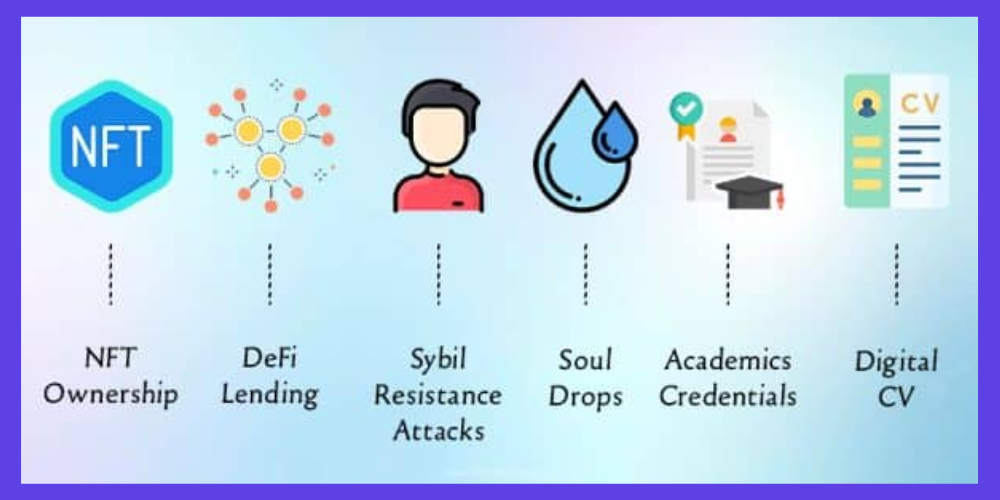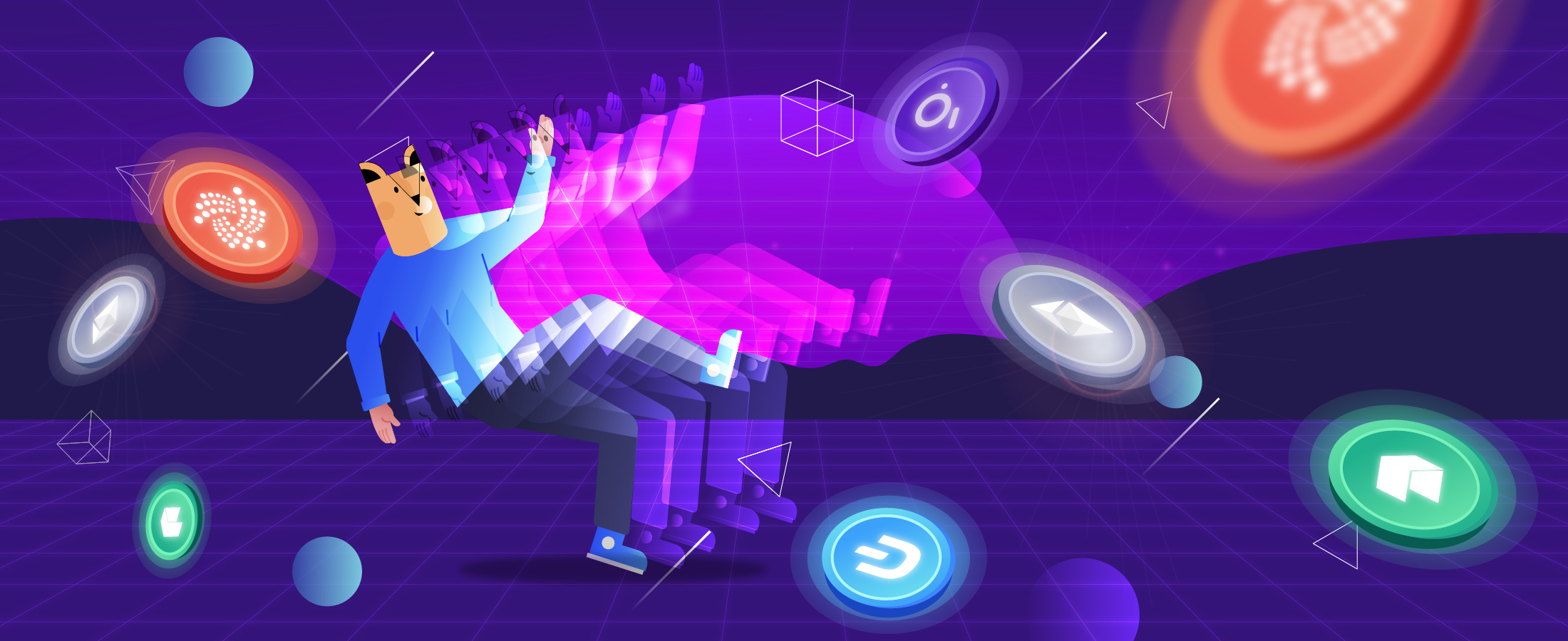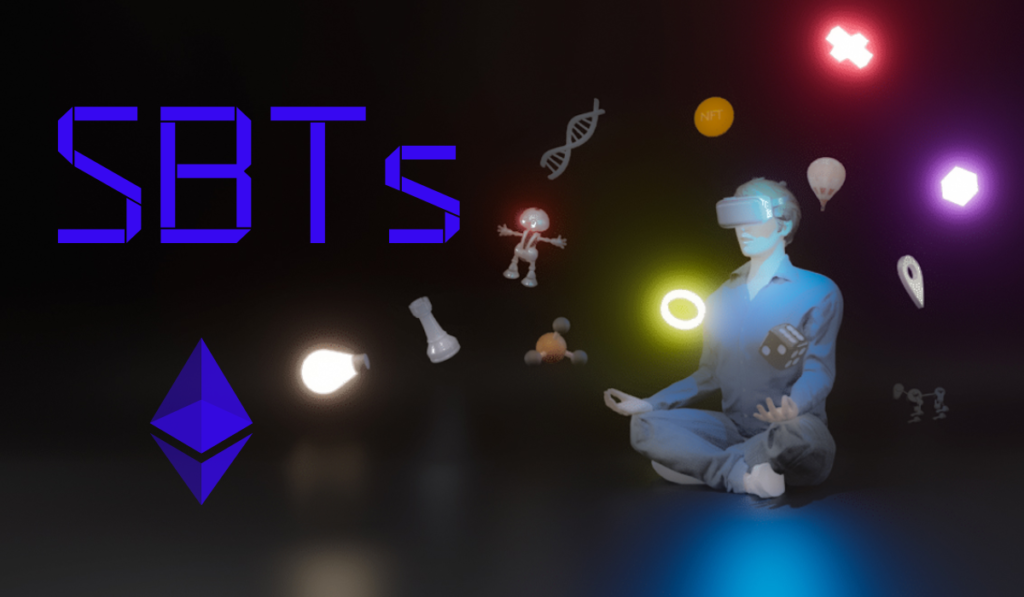NFTs have the power to shape the future of ownership in just about every area of our lives, and they’re becoming impossible to ignore. In this article, let’s see how we could have digital identities in what we call SBTs which are coming after NFTs.
At the end of the first quarter of this year, Vitalik Buterin co-authored a paper outlining his vision for a “decentralized society” (DeSoc). This paper describes how to achieve a richer and more diverse ecosystem through Soul-Bound Tokens which we call SBTs.
What are SBTs?
Soulbound tokens (SBTs) are non-transferable, publicly-verifiable digital tokens. They are a new token standard similar to ERC-20 and ERC-721. They are immutable and are tied to a wallet and digital identity.
The key primitive feature is accounts, or wallets, that hold publicly visible, non-transferable (but possibly revocable-by-the-issuer) tokens. These accounts are referred to as “Souls” and tokens are held by these accounts as “Soulbound Tokens” (SBTs).
SBTs Usecase
SBTs can be used in creating digital identities. For example, a person might have a “Soul” that stores SBTs representing educational credentials, employment history, or hashes of their writings or works of art.

Souls could be individuals, companies, or institutions. For example, the Ethereum Foundation could be a Soul that issues SBTs to Souls who attended a developer conference.
SBTs compared with NFTs
SBTs resemble POAPs. POAPs are unique proof of attendance NFTs verified on the xDai sidechain (Gnosis).
POAP (pronounced poh-ap) is an acronym for Proof of Attendance Protocol. These NFT badges are given out to prove attendance of an event, whether it took place virtually or in the real world.
Soulbound Tokens are a type of NFTs (let’s say) that act like real-life achievement badges akin to what you’d get in a video game upon completing a certain task or clearing a milestone.
The main takeaway is that SBTs are non-transferable as you can go and buy an NFT from a marketplace. Their case is different, they are issued out instead of being bought.
Related
- The Best NFT Marketplaces to Sell as a Digital Creator
- What Is a Non-Fungible Token (NFT)? Beginner’s Guide
- Differences Between Digital Currency, Cryptocurrency, and StableCoins
Will they replace NFTs?
Yes, I do believe SBTs are going to be the next thing after the NFT hype and their use cases seem interesting. This is a writer’s opinion and we are yet to see what is in the box besides just the volatile cryptocurrencies. However, you should note that SBTs are still a proposal but if implemented right, they can solve a real-world problem.

Unlike a non-fungible token (NFT), which is a collectible digital asset that can be traded or sold, SBTs are designed to be untradable
According to E. Glen Weyl, one of the co-authors of the paper, SBTs could be expected to launch by late 2022.
Why Ethereum?
Ethereum blockchain technology allows governments to build trust, improve accountability and responsiveness, increase efficiency, reduce costs, and create high-performing government functions with more secure, agile, and cost-effective structures.
Ethereum is already the best cryptocurrency in terms of utility due to the booming NFT market and advancing NFTs to SBTs makes it more a reliable and sounding crypto technology.
Conclusion
SBTs and NFTs rely on blockchain technology and in particular cryptocurrencies. The question of whether SBTs will replace NFTs is still open but from the paper, we can deduce that SBTs are solving a real-world problem or improving on Tokenisation and Toenomics.
In their simplest form, these SBTs can be “self-certified,” similar to how we share information about ourselves on our CVs.
Discover more from Dignited
Subscribe to get the latest posts sent to your email.












